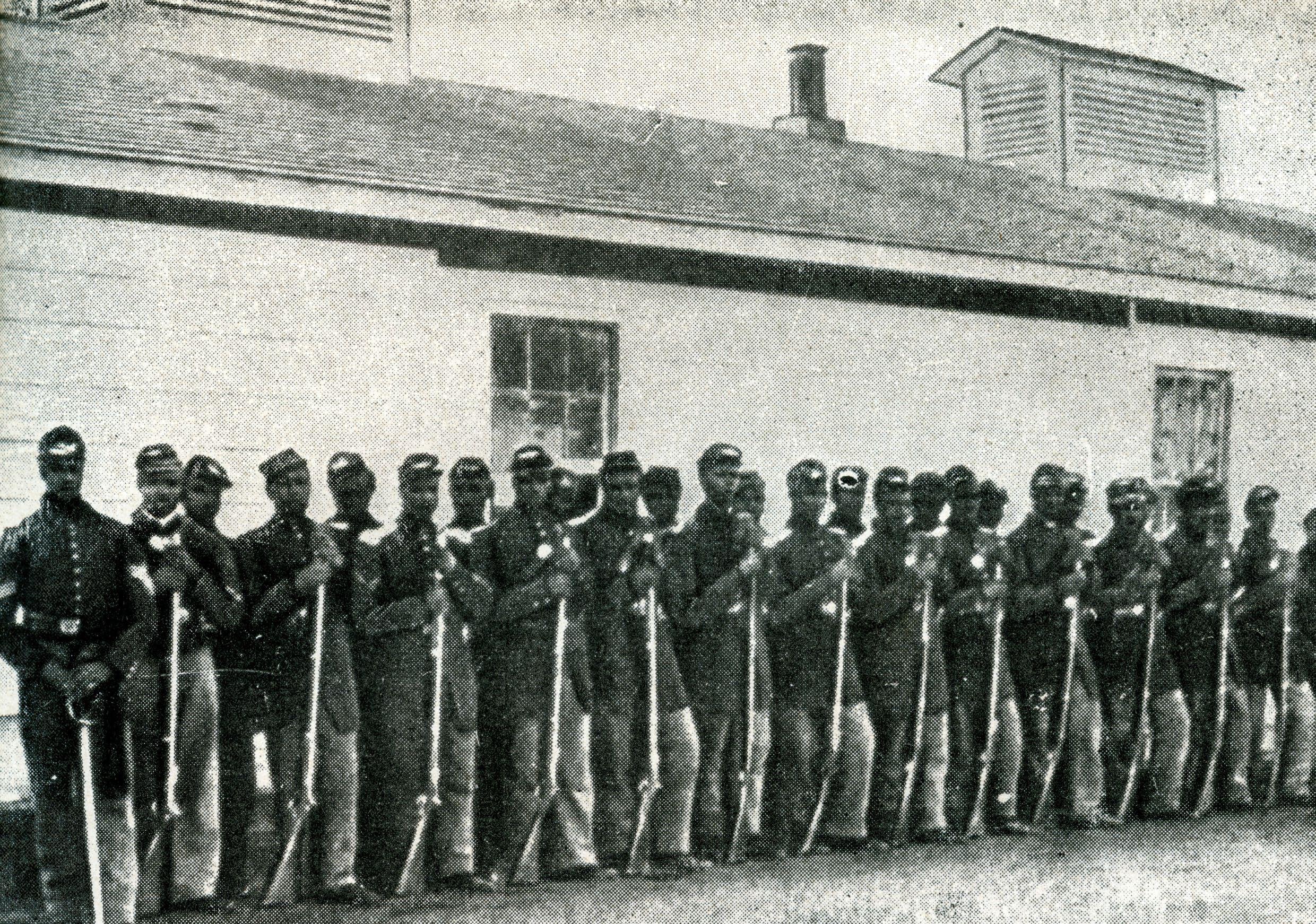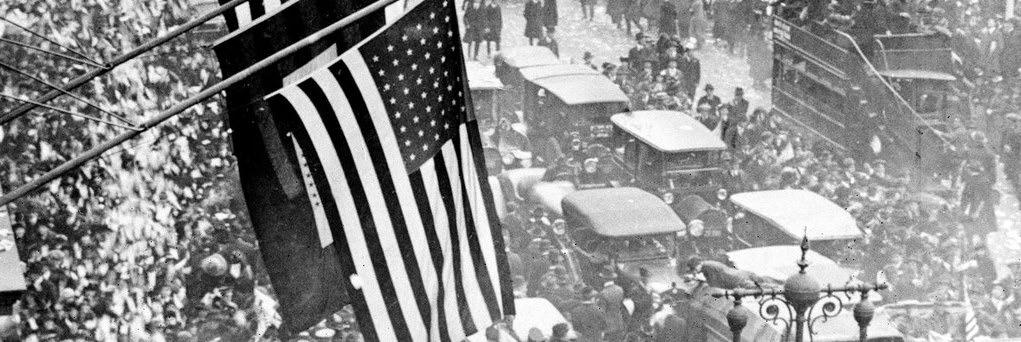
3 minute read
Was The War Worth The Cost?
By T. Seth
1861 to 1865 was a period of devastating bloodshed and one of the most painful conflicts that the US ever saw.
Advertisement
We know it as the Civil War. More than the loss of precious lives, the event left an indelible scar on our country that has been visible for many generations. The time period after the end of the war left countless people and families shredded across the country. However, today, we may interact with the knowledge of this conflict as chapters in history rather than the frightening reality.
Even though the war left uncounted dead and many families bereaved, it brought in some immediate changes. One undeniably good outcome was the establishment of equality and civil rights via the Emancipation Proclamation. The stepping stones towards the Civil Rights Movement began helping the freed slaves gain the same privileges as their white counterparts, giving birth to African American citizenship, thus granting protection under the law to all men in the US. Women also took on more male-centric roles during the Civil War, which led to them developing an independent mindset and eventually seeking an equal rights status.
Many would agree that the war was a catastrophe, but it also gave way to a new industrialization wave and innovation. The post-war period visualized a rapid replacement of hand labor by machines, eventually leading to the decline of plantations in the South. People's desire to move closer to their work resulted in increasing population densities and access to higher living standards. The industries boom, but railroads' invention sped up the transfer of goods, thus generating more profits and greater jobs. Technology acted as a catalyst to the already booming businesses, thus opening the US to the modern age.
Good or bad, the Civil War did teach a lot of lessons that have kept another war of this scale at bay. The war taught the value of human life and leadership in tactics, victory and defeat, division, and reunification. The leadership provided by Robert E. Lee was truly remarkable as it enabled the Northern Virginia Army to make a solid impact. Unlike most of the Union and Confederate contemporaries, Lee had succeeded in building a trusting, unified, and motivated team.
The war also taught that innovation could accomplish huge leaps of forwarding progress. The American troops' old offensive tactics proved obsolete in the Civil War due to technological advancements of the rifle-musket, which enormously elevated the infantry’s range and accuracy.
Reunification and reconstruction of the US was perhaps the best lesson learned from the War. The achievements of attempts to create a political and social revolution even after an economic collapse were outstanding. The African-Americans were open to participating at all levels of the government and eventually attained full civil rights. Winning election to southern state legislatures and even to the U.S. Congress were further victories achieved by the Reconstruction Act.
Although it left a scar in the pages of history, the mass-scale destruction of land and life definitely shaped the future of America, thus abolishing slavery forever and reconstituting several human rights. The unification of the South and the North, one strong in agriculture and the other in industrialization, brought around inventions and increased learnings, thereby evading a war of this scale ever after.

While most would be reticent to call the war “good,” many would venture to say that the cost of the war compared to the victories and lessons learned was worth the high price extracted. While not all may agree, this can be said without evocation, much good resulted from this conflict, and many freedoms exist today because of the battle fought and the victories won.










